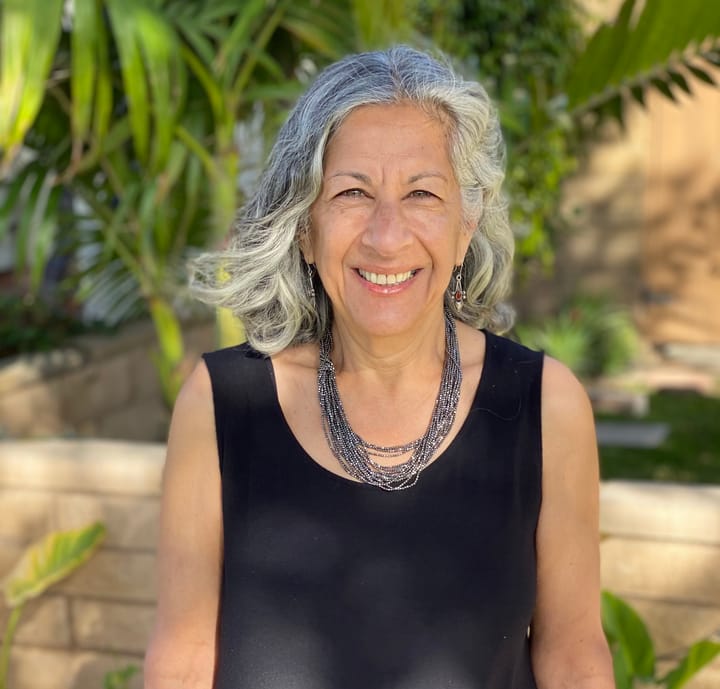Thoughts on Theses: Kelsey Choi

Kelsey Choi ’19E is a Law, Jurisprudence and Social Thought (LJST) major. Her thesis focuses on the South Korean civil court case on women who were forced into prostitution in camptowns. Her thesis advisor is LJST Professor Michaela Brangan.
Q: What is your thesis about? A: I followed a current civil court case in South Korea. After the Korean War, when [the] United States was in South Korea, the Korean government set up camptowns to create recreational sites outside of the U.S. military bases. To entertain the U.S. soldiers, the Korean government forced a lot of women into prostitution. Later, 122 women who claim to be some of the camp women filed a lawsuit. I specifically focused on how the camptowns came to be. I used two texts: “America Town Big Sister” and “The Hidden Truth.” “America Town Big Sister” is an autobiography written by a plaintiff in the court case, and “The Hidden Truth” is a transcript of an interview and oral history of the injustices one of the women had to endure under the forced prostitution system. I took the two texts and explored how narratives disrupt history. I looked at [the women] as more than just prostitutes. It was humbling, and I didn’t separate myself from the injustices these women faced. I focus a little on how the camptown system [reflected] the Japanese comfort system. The Japanese comfort system arose when the Japanese imperial army conquered Asia. The Japanese army set up comfort areas and kidnapped and forced women into prostitution for the benefit of the military men. The belief was that the military men needed these women, so they could become better soldiers. They forced a lot of Southeast Asian women, Korean and Thai women into prostitution.
Q: When and how did you decide you wanted to write a thesis? A: I took a research seminar junior spring that is supposed to set students up for thesis writing. I tested the waters and asked Professor Sitze to help with the research project. I started my thesis between junior and senior year, [and] because I’m ’19E, the thesis took about a year and a half to complete.
Q: How did your thesis start out and how did it change as you did more and more research? A: It didn’t change that much. Going into the research, I was worried that there wouldn’t be much literature on the topic. It was not a very surface level conversation. [However], the more and more I looked, I found people who had written about it. I did some personal research in Korea at first and found evidence, court cases, and the two main narratives I was looking at when I was there. I went to Yonsei University and looked for texts relating to the camptown women. I found what ended up being my thesis in the work and footnotes of what people had actually done.
Q: How did you decide to focus on this topic? A: The summer before my first year at Amherst, I interned at a law firm in South Korea and translated documents. One of the people in the law firm asked me to do an article translation but gave me some background material first. In the materials, there were a lot of confidential testimonies provided by the camptown women. Honestly, it was so explicit and painful to read. It was also a shock because I had known of the camptown women, but I had never known what kind of abuse and suffering was going on in those camptowns. I then brought up the question of whether or not there is closure for women of state-sponsored crimes. I wanted to lean into that question more of what is closure and if it’s impossible. I also wanted to explore how we go about [closure] as a society and within legal institutions, and I think that’s what started my thesis: how does one respond to tragedy that has no closure?
Q: Do the camptowns still exist? A: The camptowns are still there. Rather than South Korean women being exploited, Southeastern Asian women, such as Vietnamese and Filipino women. The women come in with entertainment visas, or E6 visas. But then they are trafficked into camptowns. The E6 visa is the government’s “pass for prostitution.”
Q: What are the most rewarding parts of writing your thesis? A: I finally felt like I had something of my own. My thesis had a grounding presence in my day-to-day life. It wasn’t just like I finished a paper and moved on. Sometimes I would make certain observations, asking “Oh, this is really interesting, but am I pulling this out of thin air?” But, when I was reading something that had an argument that was similar to my topic, it tells me that I am not actually pulling things out of thin air, and that was really assuring.
Q: What is the most challenging part about writing your thesis? A: Because my topic has a lot to do with overwriting a misrepresentation, I felt a lot of doubt regarding my analysis of the literature provided. I had to be respectful and sympathetic, but I also had to treat the texts as texts rather than treating them as an embodiment of the women’s personalities. Making sense of how I was approaching the material was not solitary work. I trusted that I was respecting the women, and hopefully my writing reflects my respect for them.
Q: Any advice for students who might be thinking about writing a thesis? A: I have two pieces of advice; one is funnier, and one is more serious. The funny piece of advice is that even when you’re stressed, don’t grit your teeth too much, because you will chip a tooth. Also, don’t pull out your wisdom teeth three weeks before your draft [deadline]. My more serious piece of advice is that while it’s important to be receptive of peer advisors’ and professors’ suggestions, it’s important to remind yourself that your thesis is your own project and that you have the liberty to produce your own thesis. I’ve been very blessed with advisors who let me take charge, and I reminded myself that, while writing a thesis is a burden and a responsibility, it’s also a joy.
Correction: An earlier version of this article incorrectly stated that LJST Professor Adam Sitze is Choi’s advisor. The article was updated at 10:06 p.m. on Dec. 9, 2018.




Comments ()